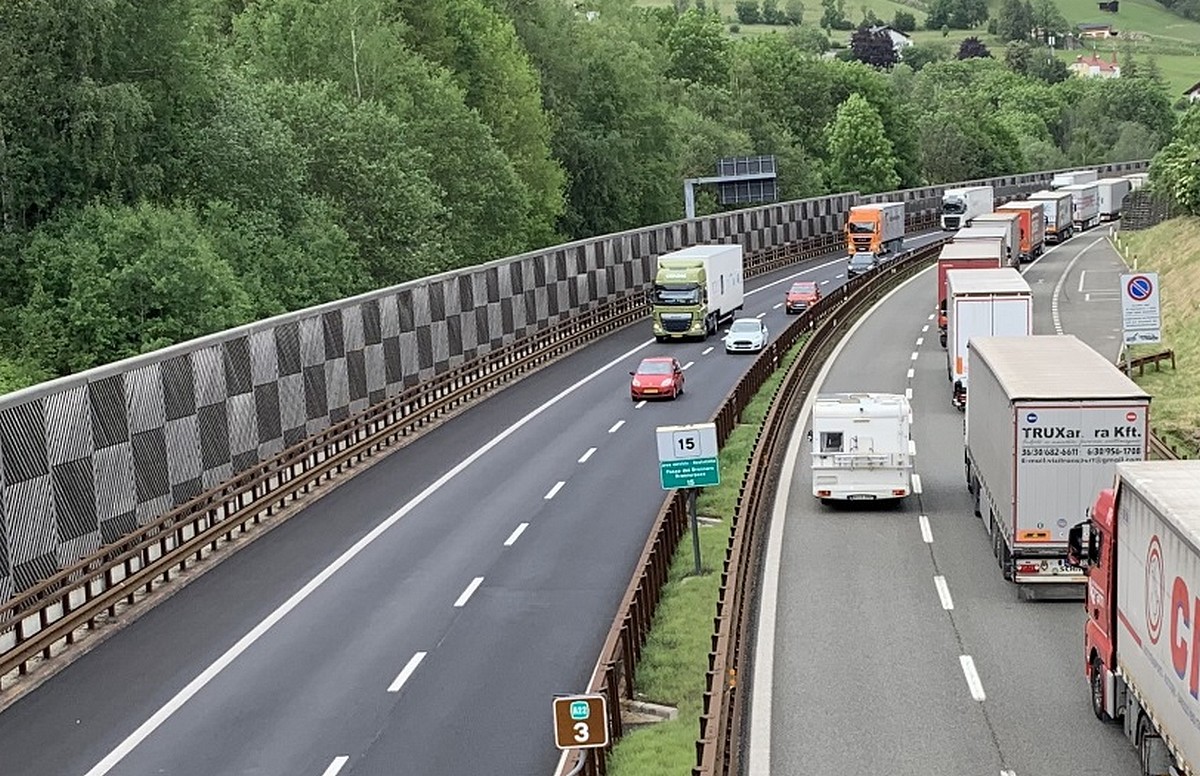After a thorough assessment of written and oral comments from both countries, the Commission concludes that certain Austrian measures restrict the transport of goods on the A12 and A13 motorways and consequently the free movement of goods as defined in Articles 34 and 35 TFEU (Treaty on the Functioning of the European Union). These measures include the night driving ban, the sectoral driving ban covering certain goods, the winter ban on Saturdays, and the metering of heavy goods traffic entering the motorways, as outlined by the European Commission in an official communication.
While the EC recognised the validity of some Austrian explanations regarding environmental considerations, it ultimately concluded that the measures lacked coherence and could not be entirely justified for achieving their intended objectives (environmental protection, road safety, traffic fluidity, and supply chain security). The EC added that some measures disproportionately affect foreign companies compared to Austrian ones.
Italy, however, failed to provide sufficient evidence to support its claim of a lack of loyal cooperation from Austria.
Following the Commission’s reasoned opinion, Italy may decide to refer the case to the EU Court of Justice. This doesn’t prevent the parties from finding an amicable solution to the dispute.
Italian reactions
Italian associations welcomed the EC’s decision. Riccardo Morelli, president of the Anita association, sees it as “a significant victory for Italy and for the companies that support the Italian economy by transporting ‘Made in Italy’ products to Northern Europe.”
“The clear position of the European Commission, which supports our arguments, confirms that Austria’s justifications regarding road safety and environmental protection are outdated,” added Thomas Baumgartner, former CEO of Anita.
Paolo Uggè, head of the Italian transport organisation Fai-Conftrasporto, is also pleased with the EC’s opinion.
“We now await the decision of the Court of Justice of the European Union,” he said, “but the restrictions must be lifted immediately, and discussions must begin to find solutions that respect both the environment and the free movement of services and goods.”
Support from Germany
Markus Ferber, a German Member of the European Parliament, also called for the immediate elimination of the Austrian restrictions.
“The free movement of goods is a cornerstone of the European Union. We cannot compromise on this,” he stressed.
Ferber highlighted the Commission’s repeated attempts at mediation and the disproportionate burden on non-Austrian companies.
“There is a clear inequality of treatment here,” he said. “This is exactly what I have been fighting against for many years. The Commission’s decision emphatically confirms this discrimination.”
Markus Söder, head of the Bavarian government, also welcomed the EC’s opinion.
“The EC’s decision paves the way for Italy to complain to the CJEU,” he wrote on Facebook. “Bavaria supports this. Block clearances harm our economy and hinder a major European transport hub. Dosing traffic with all its burdens on residents and businesses is no longer acceptable.”











